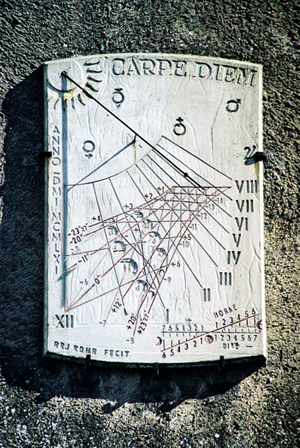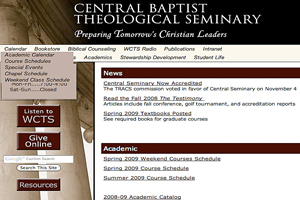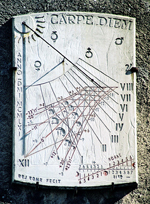
Many interpreters maintain that the overall message of Ecclesiastes is one of cynicism and vanity. According to this perspective, the author of Ecclesiastes, Qohelet (an epithet for Solomon), has written a book unlike any other in the canon???-one that focuses on cynicism and complete despair.
Those who take this view derive the message of despair from some ???negative??? motifs in Ecclesiastes. The most dominant of these begins the book in 1:2: ???Vanity of vanities, says the Preacher, vanity of vanities! All is vanity??? (NASB). ???Vanity??? translates the Hebrew word hebel.
Since hebel occurs multiple times in every chapter of Ecclesiastes, readers must understand it in order to grasp the message of the book. But if this term is exclusively negative, how do we explain its juxtaposition to the exhortations to enjoy life (the carpe diem passages)? More specifically, is ???vanity??? or any other negative term (such as NIV???s ???meaningless??? or HCSB???s ???futility???) the best way to render hebel in Ecclesiastes?
I respond to this type of interpretation of Ecclesiastes by demonstrating that Qohelet’s use of hebel, the carpe diem passages, and his exhortations to reverentially fear God work against a negative view of hebel and against an overall pessimistic interpretation of Ecclesiastes (as an aside, both my posts at Sharper Iron provide background material as to why I named my blog “Fearing God in a Hebel World“). You can read both posts by going to part 1 and part 2.
Technorati Tags:
Ecclesiastes, Wisdom literature




 Technorati
Technorati Flickr
Flickr del.icio.us
del.icio.us Ice Rocket
Ice Rocket Wikipedia
Wikipedia





